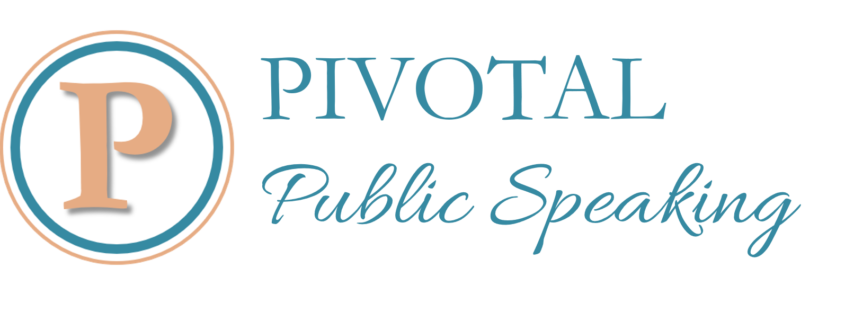Public Speakers: How to Say, “I Don’t Know” From the Platform and Not Lose Credibility
Does being afraid that you cannot effectively field questions by the audience keep you from accepting opportunities for public speaking? You are not alone; believing you will look like a dummy and lose your credibility (or the sale) for not knowing an answer can be overwhelming.
Growing beyond this concern starts with a look at this possibility from your audience’s perspective. The audience has arrived because it has all ready been determined that you are credible and know what you are taking about. Agree with the person who gave you the nod to speak to this group.
Agreement is powerful and a two-edged sword. Two or more people who believe presenter may get themselves in trouble must be avoided at all costs so tell those close to you who are concerned to hush. Remember the audience is not thinking in this vein. These opposing actions can create a perfect storm. Did you see the movie? This is not a good thing.
Managing the, “I don’t know” scenario is the same on and off the platform. You have a few ways to handle this.
1. Get Real and Plan: While planning the presentation play devil’s advocate by intentionally trying to stump yourself. Looking at the presentation in an attempt to pick it apart is a best practice and is a terrific way to ward off a potentially uncomfortable scenario. If while asking tough questions about your material you may discover a key point that needs to be added to the body of the presentation. If so, add it.
If what you discover is important and should be the pivotal point of the presentation, then rewrite the introduction and work it into the body and the conclusion. Your opening statements should be statement with a promise of sorts to prove your statement and therefore must be within the body and the conclusion of the presentation.
By the way, the trick of speaking well into the Q&A session to avoid questions is not unprofessional nor does it work.
2. Be Real and Fess Up: It is going to happen you know – getting stumped. If you are not Elvis and have, “left the building” someone, at some point, will approach and leave you speechless. Whether this happens from the platform or one-on-one after the presentation – your answer can be the same, “Good Question. And, (pause) I do not know. I will, however, quickly research that answer after we are finished here or if you would prefer, leave your contact information (eMail) with ____________ (name your host) I will get back with you before day’s end.” If you are stumped during the presentation you may also add, “Is anyone in the audience know the answer or this question?” As always be sure all members of the audience can hear the question and the answer to every question.
Warning: Not following up with an answer will cost your credibility, the sale, or both.
3. Be Professional and Network: As an ongoing practice, surround yourself with people who know more than you so you may call upon to help you with the answer (and more). Dr. Ted Becker, one of two people in history who have a PhD in human performance said, “It is important to be the dummy of the group. The only way there is up.” Surprisingly, knowledgeable people often cannot find a person in to mentor. Recently, Karen Timmons with Dell, Inc. said, “It is not a crime to not know the answer. It is, however, a crime to not know who does.”
Consider this incident:
Lat week I was in the exam room with my doctor when he took his cell phone from his pocket and searched for the answer to my question. This was blatant evidence that my doctor doesn’t know all things medical. This came as no surprise to me as even the best cannot answer all things. Nor is it reasonable to think so. (Your audience knows this.) In my mind my doctor’s credibility actually increased as it appeared that my question and I were important to him.
Get Real. Be Real. Be a Professional.
Be Not Afraid.
………………………………………………………………………
Kathryn is owner of Write Speak Transcribe Business Services
Kathryn has been a freelance writer for fifteen years and a Food Service Management Specialist for eighteen years.
She is a dynamic speaker who provides her client’s end users with a presentation that yields responses like, “Thanks for telling me that!” and “Where do I sign?” She specializes in providing her client’s an opportunity to contribute to their customer’s knowledge base in a particular area — a customer enlightenment that oft times is not sales related yet produces an increase in the bottom line of those who utilize her.
Timely and accurate transcription services are managed by Kathryn’s mother, Onita Walker. Onita types 120 words a minute with accurate spelling and punctuation and has 40 years experience transcribing confidential conversations in the field of law.
Words are powerful and words are our passion.
Kathryn
Cell (928) 713-1812
Web: http://www.writespeaktranscribe.com
Email: kathryncrew@cableone.net
Email: Onita@cableone.net

